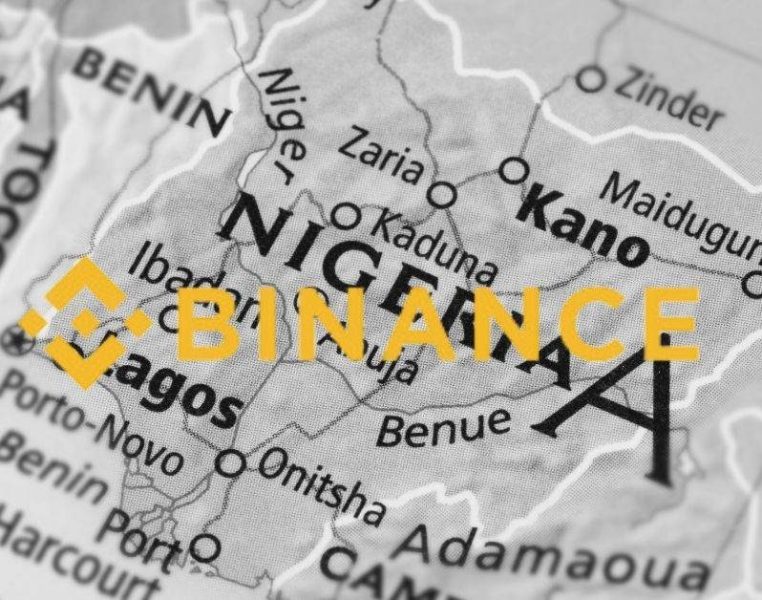The Central Bank of Nigeria (CBN) has raised concerns over Binance, the global cryptocurrency exchange, citing suspicious financial activities within the country. In a recent interaction with the media, CBN Governor Olayemi Cardoso highlighted the movement of significant sums of money through Binance’s Nigerian operations, which have drawn the attention of local regulatory bodies and law enforcement.
Concerns Over Illicit Flows
The governor expressed apprehension regarding the operation of crypto exchanges in Nigeria, particularly Binance, which reportedly facilitated the transfer of $26 billion in the past year from sources and users that the bank finds difficult to identify. This situation has prompted a collaborative effort among various Nigerian agencies, including the Economic and Financial Crimes Commission (EFCC), the police, and the National Security Adviser’s office, to investigate these “suspicious flows” of funds.
Government Actions and Regulatory Measures
In response to these concerns, the Nigerian government took decisive action by blocking internet access to Binance and other cryptocurrency exchanges on February 21. This move came shortly after a presidential adviser accused crypto exchanges of manipulating the Nigerian naira, which subsequently hit a record low against the U.S. dollar. Prior to this, Binance had already restricted trading of Tether in Nigeria in an attempt to comply with regulatory demands.
Regulatory Landscape and Crypto Adoption in Nigeria
Despite these challenges, the CBN lifted a two-year ban on banks’ engagement with cryptocurrencies in December, introducing guidelines for the regulation of virtual asset service providers. Additionally, Nigeria continues to show its commitment to embracing digital currencies, having launched a central bank digital currency in 2022 and recently introducing the naira-pegged cNGN stablecoin through the Africa Stablecoin Consortium.
